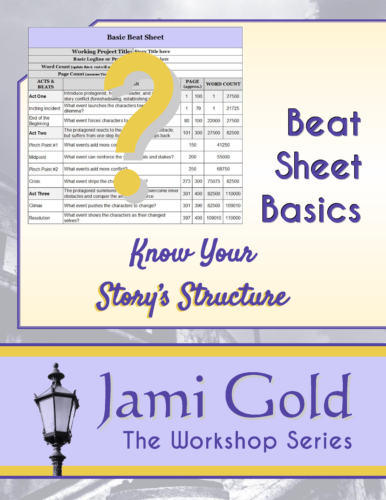Our story is—in many respects—what our story’s POV tells readers it is. So what do we want readers to get out of our story and chosen POV?
Check Out These Posts labeled with the Tag “head-hopping":
Want to refine these results? The Search page offers many filtering options.
Internal dialogue is rarely discussed but can be the key to a great story. The skillful use of internal dialogue reveals a story’s emotions, characterizations, motivations, and overall arc. Internal dialogue provides context for everything our characters experience, which helps our readers know what the story means to our characters.
A couple of weeks ago, Becca Puglisi, one of the co-authors of the fantastic Thesaurus books, shared her tips for using the new The Positive Trait Thesaurus and The Negative Trait Thesaurus books. Her advice can help us develop our characters at all stages of planning, drafting, and editing. But the comments of that post pointed

